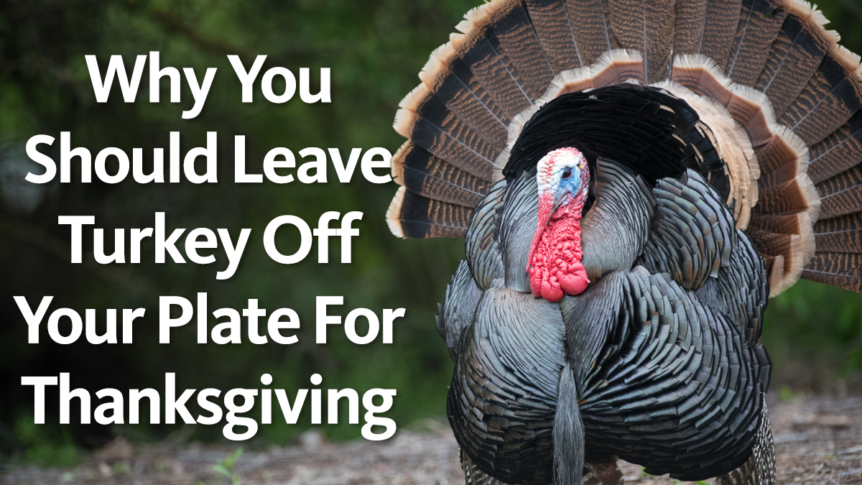Eating turkeys has become an imperative part of Thanksgiving in the United States. According to the National Turkey Federation, about 46 million turkeys are consumed each Thanksgiving. Eighty eight percent of Americans surveyed by The National Turkey Federation claim to eat turkey. Turkey may or may not have been served at the first recorded Thanksgiving that was held in 1621. Pilgrim chronicler Edward Windslow noted that the colony’s governor sent men a “fowling” to prepare for the event. Turkey was a common food source for Native Americans and English settlers. The idea to make Thanksgiving a national holiday was advocated by author Sarah Josepha Hale. President Abraham Lincoln proclaimed Thanksgiving a national holiday in 1863 and cited a letter Hale wrote to the President as a main factor in his decision.
There are a number of reasons that turkey has become ubiquitous with Thanksgiving. Turkey’s are native to North America. Turkeys are generally bigger than chickens and their bodies can feed more people. But some traditions are harmful, eating turkeys being one of them. It is beneficial for turkeys, humanity, and our planet to avoid eating turkey for Thanksgiving. Modern domestic turkeys are selectively bred to produce more meat. Today, turkeys are twice the size of turkeys from less than one hundred years ago. Turkeys undergo mental and physical suffering before they are slaughtered for human consumption. Due to their size they have trouble breathing and walking normally. Turkeys are not given enough room to roam and this contributes to their suffering. Because of the stress of not having room to move around, turkeys often harm each other on farms. Instead of giving them relief from their confinement, farmers will cut off the end of their beaks to reduce the damage inflicted when they become aggressive.
Like many other species, turkeys are great mothers. When their eggs hatch, turkey mothers will not leave the nest. Baby turkeys snuggle under their mothers to feel safe and protected. Unfortunately on the vast majority of farms baby turkeys are raised in incubators and kept away from their mothers. These turkeys will never experience the warmth of a mothers wings or learn to forage on their own.
There are also health risks to humans from eating turkey. Processed meats can carry harmful bacteria like E.coli and Salmonella. Research has shown that nine out of ten samples of turkey have been found to have E.coli and 85 percent of urinary tract infections are caused by E.coli bacteria. Research also shows that processed meats are linked to increasing one’s chances of stomach and colorectal cancer.
Another reason to avoid eating turkey for Thanksgiving is dangerous working conditions. Workers who farm turkeys are exposed to hazardous airborne particles called “poultry dust”. Dust is one of the components present in poultry production that increases risk of adverse respiratory disease occurrence. CAFOs or (Concentrated Animal Feeding Operations) are often located in rural areas where workers are paid minimum wage.
Instead of eating turkey we can choose between many scrumptious plant-based options. Whether you want a quick and easy recipe or to spend more time in the kitchen, it is not difficult to find a crowd pleaser. We can all move toward less cruelty by talking with others about not eating turkeys on Thanksgiving and every day, and serving up a delicious plant-based alternative.

